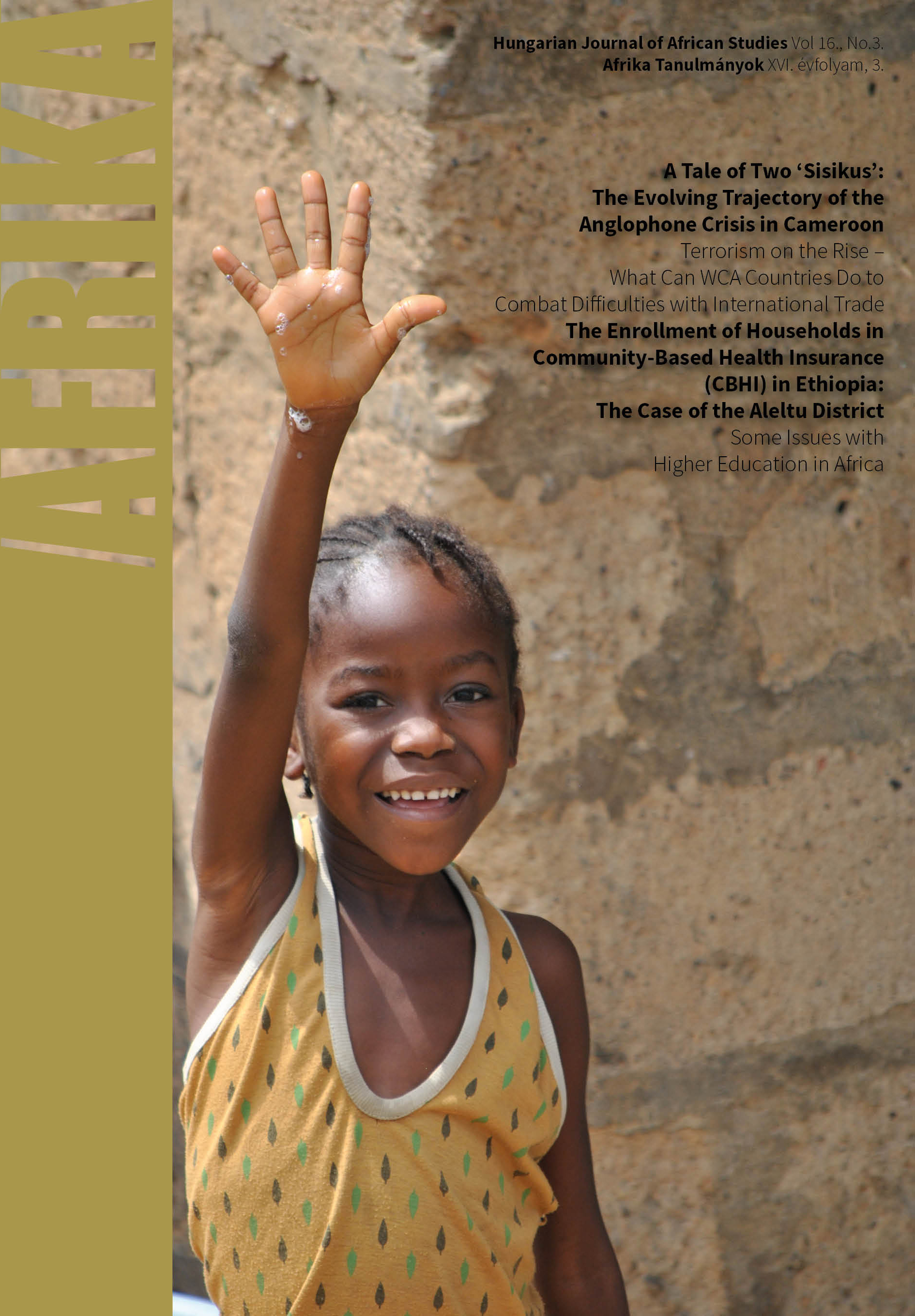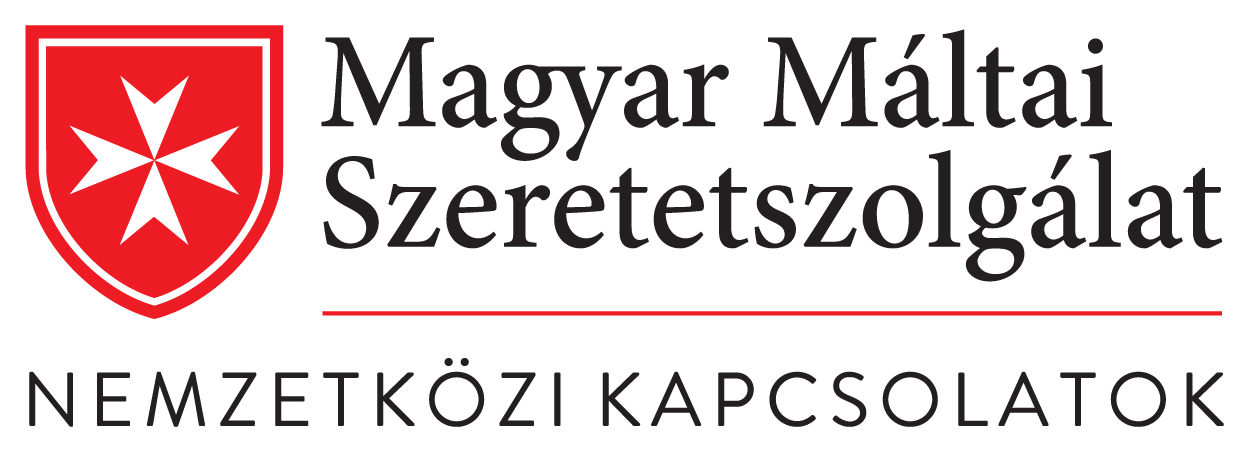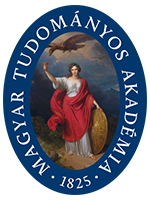Decoloniality in danger or being boosted? An exploration of ECOWAS positions and conflict management in the Western African region
DOI:
https://doi.org/10.15170/AT.2022.16.3.5Kulcsszavak:
decoloniality, power, people-centric, violence, safetyAbsztrakt
This paper aims to explore the notion of decoloniality by examining the decisions and actions of the ECOWAS in response to the coup d’état in Burkina Faso in 2022, as well as other comparable sanctions imposed on Mali and Guinea during internal crisis challenges. These topics were raised and debated in various mass media outlets. For this purpose, readers are invited to imagine, based on ideas interpreted from official positions of the ECOWAS, or perceptions of them, expressed in academic narratives and the media, if decoloniality could be boosted or is in danger, following the decisions, actions, and positions of the ECOWAS. The interpretations through the lens of decoloniality portrayed in African narratives, and these explorations are characteristic of qualitative analysis. In examining how ECOWAS manages potential crises in the region, particularly in the cases of Guinea, Mali, and Burkina Faso, we can identify basic features of decoloniality. Taking a social-constructivist perspective, we can explore how African narratives of development can inspire critical resistance. Specifically, we must consider how power and relationships based on power can be decolonized to prioritize a people-centric view of development. In analyzing the use of violence and safety in the actions of the ECOWAS, we can determine whether they boost or endanger decoloniality. The academic community has shown considerable interest in the impact of the ECOWAS on the political climate of Western African states. However, it is important to consider the philosophical perspective on how the portrayal of ECOWAS actions and decisions can affect the narratives of opposition, anti-ism, and power dynamics. Specifically, in the case of internal conflicts, these portrayals can direct the debate on whether decolonization, as a theory, cultural movement, or process, can continue the work of African resistance initiated during the decolonization process which remains unfinished.
Downloads
Megjelent
Hogyan kell idézni
Folyóirat szám
Rovat
License

This work is licensed under a Creative Commons Attribution-NonCommercial-NoDerivatives 4.0 International License.
















